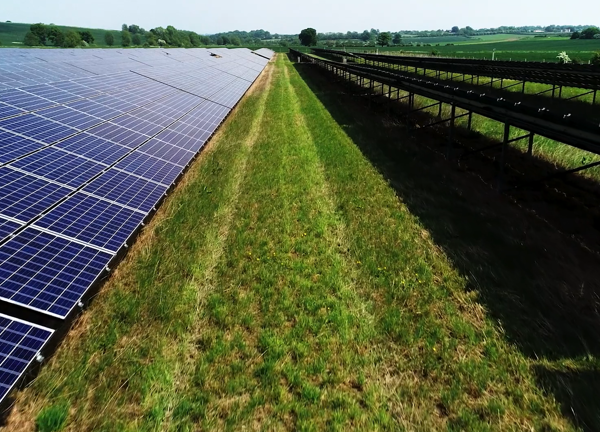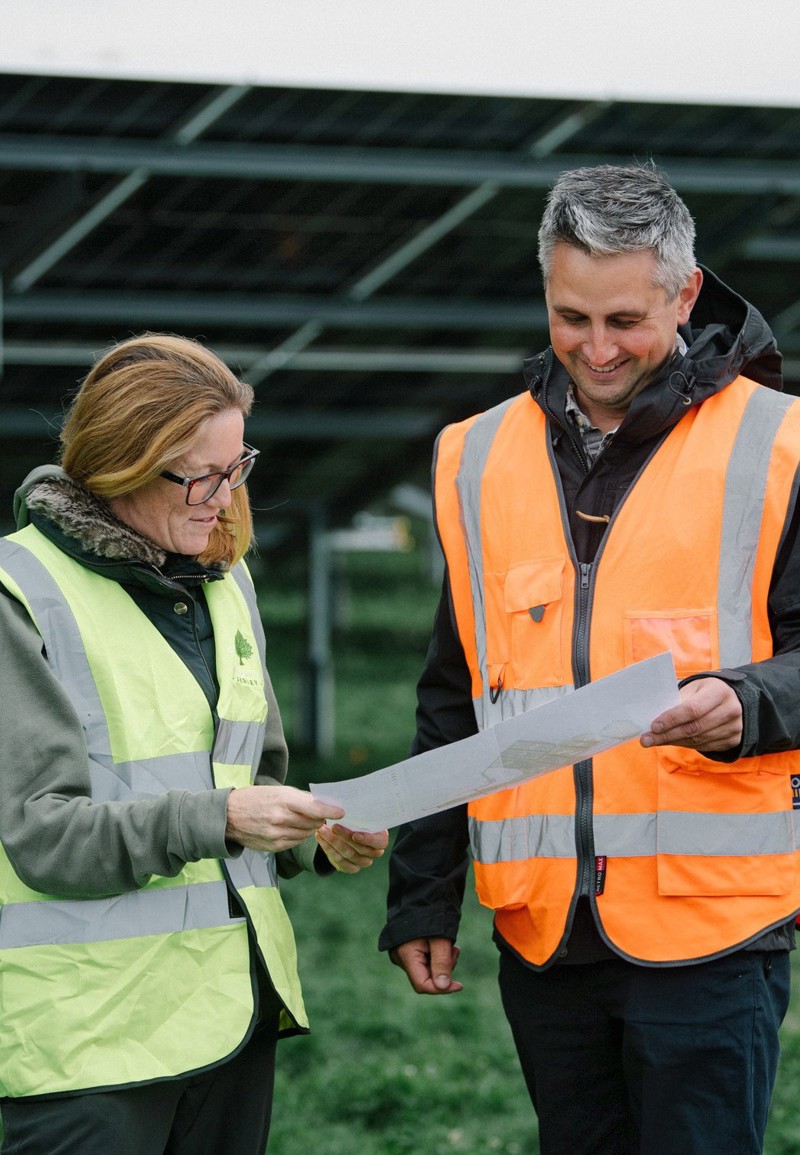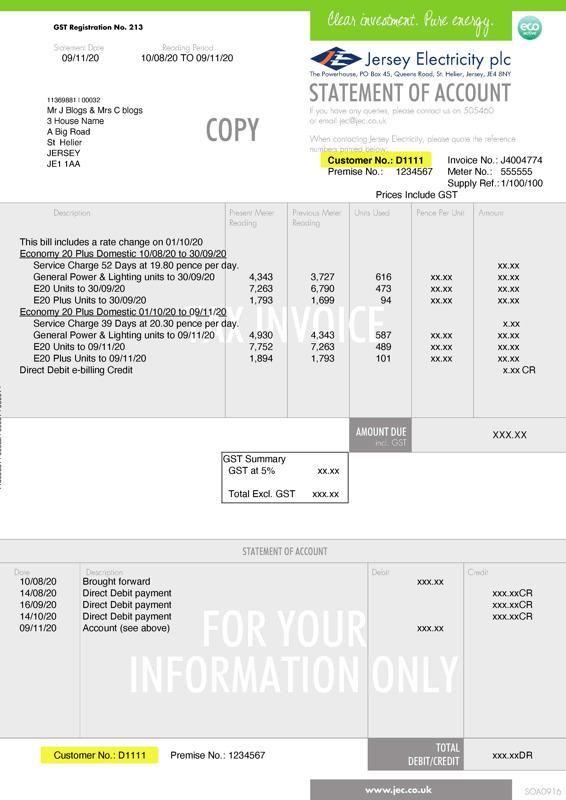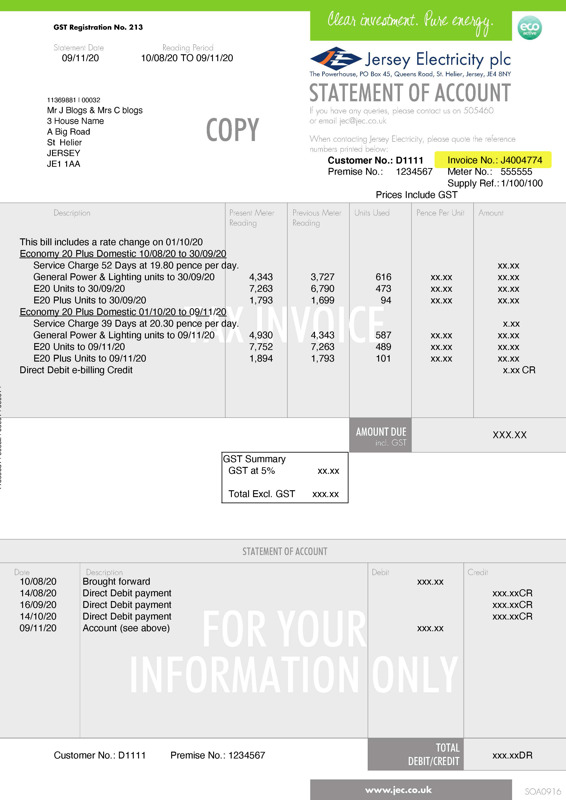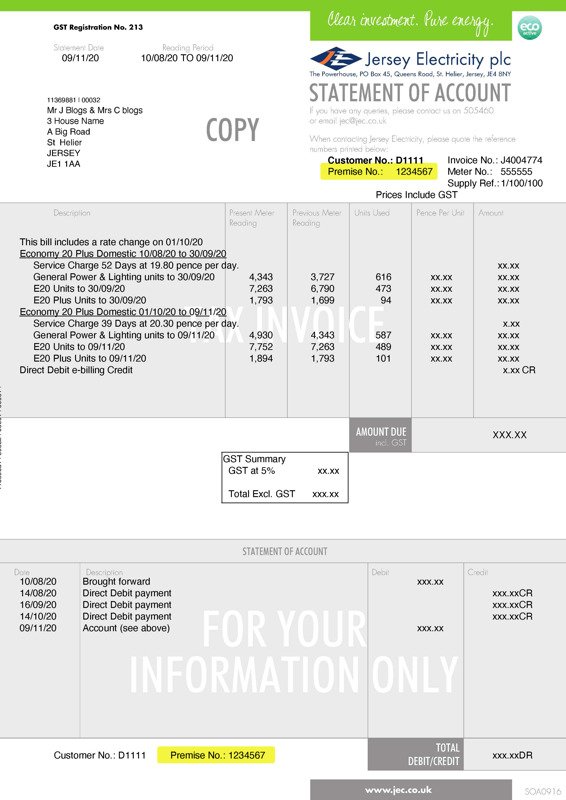St John solar farm in numbers
Solar panels installed across 5.14 hectares (28.6 vergées)
Generation of low-carbon electricity
Hedgerow planted around the solar farm
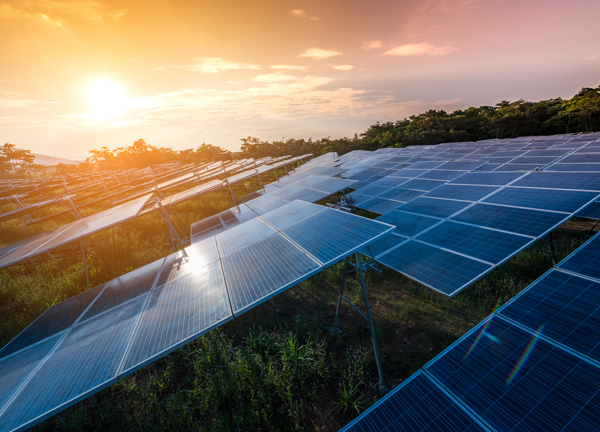
Project status
La Rue de Sorel is currently in the construction stage of the project. Work is due to be completed in Winter 2025.
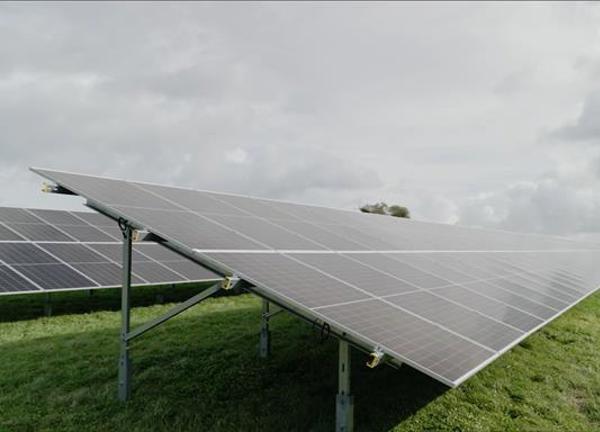
Location
Your La Rue de Sorel solar farm will be located in the Parish of St John, Jersey.
The site was carefully selected and designed to sympathetically blend with its setting in the landscape. The key factors for La Rue de Sorel are:
· Growing crops is challenging on this land due to the exposed nature of the site.
· Location is well screened by existing dense hedgerows, minimising external views.
· Close to other man-made features such as the quarry & motocross track.
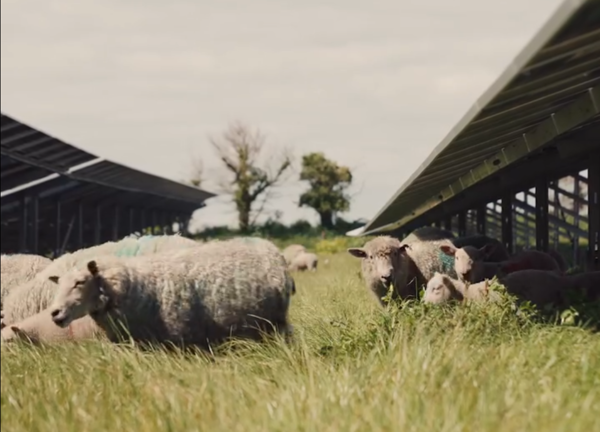
Agriculture
As well as a solar farm, the site will be home to a flock of sheep who will graze underneath the solar panels. A grass & wild flower cover crop will be laid to both nourish the sheep and protect and enrich the soil.
The sheep thrive in the panels’ shade, naturally maintaining the specially sown grasses, which reduces the need for mechanical grass cutting. We’re supporting Panigot Farm to bring the Island’s next produce, locally-reared Jersey lamb, to local restaurants.
The site will be used for agriculture as well as energy generation for the 40 year life of the project. This is known as agrivoltaics.
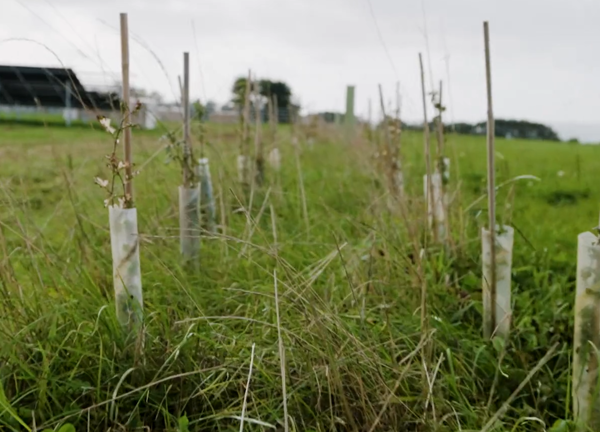
Biodiversity
Wild Orchard
JE is partnering with Jersey Trees for Life to create a wild orchard at the solar farm. A thriving haven of biodiversity spanning 45m x 45m, this small orchard will be home to 484 trees planted 2m apart in staggered rows to optimise growth and pollination.
Carefully grouped species such as damson, crab apple, wild pear, bird cherry, and cherry plum will enhance cross-pollination and encourage a healthy fruit yield. The inclusion of Scots pine will provide essential shelter from northerly winds, protecting the delicate blossom in spring.
This diverse mix of native and naturalised species will not only support local wildlife but will offer nearby residents the opportunity to forage for fruits and nuts in years to come.
Overwintering bird crop
A section of the solar farm has been sown with an overwintering bird seed mix that will produce seed-bearing crops for local native birds. Left unharvested over winter, this area will provide:
· A reliable food source for seed-eating farmland birds in winter.
· Shelter for birds, insects, and mammals all year round.
· Invertebrate food (like worms and snails) in spring and summer for birds like thrushes.
· A place for annual arable wildflowers to grow, flower, and set seed.
· This biodiversity cover crop will have major positive impacts for local wildlife.
Project benefits
Potential to power the equivalent of over 530 all-electric Jersey homes
Improvements in soil quality and carbon sequestration
The site will emit zero emissions and is constructed from recyclable materials
Ecological studies indicate significant improvement in Biodiversity Net Gain (improvements of +176% habitat units and 80% hedgerow units as per DEFRA methodology)
Renewable energy production and diversification of Jersey's energy
Development process
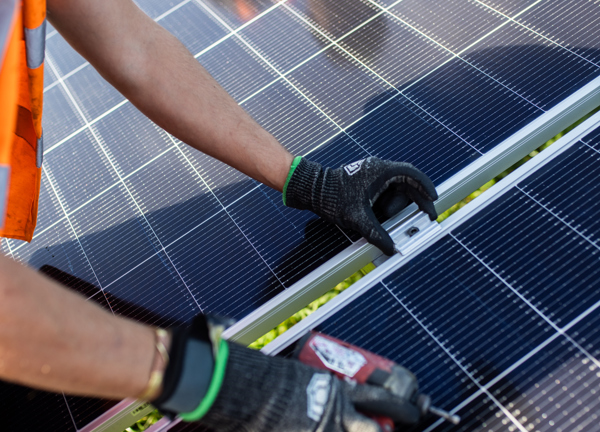
Construction Information
Construction of the La Rue de Sorel solar farm will commence in Summer 2025 and is anticipated to take approximately 12 weeks. Final minor works such as the commissioning and tree planting will then follow to get the solar farm operational.
Construction will be phased:
· Overwintering bird seed sowing (Completed May 2025)
· Temporary construction compound created on site, which will be removed once the site is operational. (Completed May 2025)
· Piling – July - August 2025
· Mounting frames – July - August 2025
· Electrical installation, testing & commissioning - September 2025 - January 2026
· Installation of panels – July - August 2026
· Hedgerow & orchard planting to help screen the solar farm (Winter 2025 – planting is best done in winter to allow roots to establish)
Construction activity will occur between 7am-6pm Monday to Friday and 7am-1pm on Saturdays. Stricter time limits will be set for noisy construction work, such as piling, to minimise disruption.
The development is expected to generate minimal traffic on the local road network, and where possible, deliveries will be made outside of peak traffic hours.
Once the solar array is built and operational, there will only be a small number of visits to the site across the year for routine maintenance.
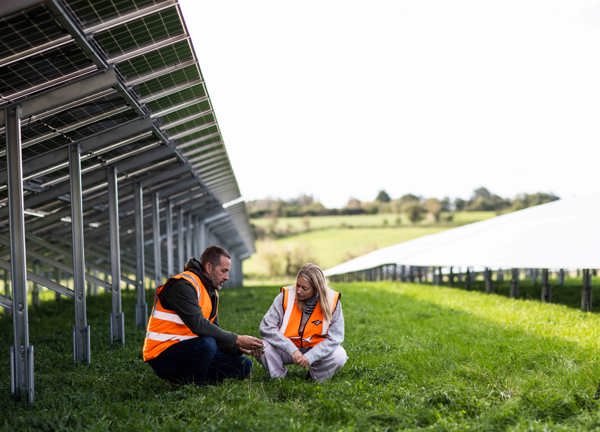
Surveys carried out
Throughout the planning process, we undertook 21 in-depth surveys, from agricultural impact assessments to ecological reports.
